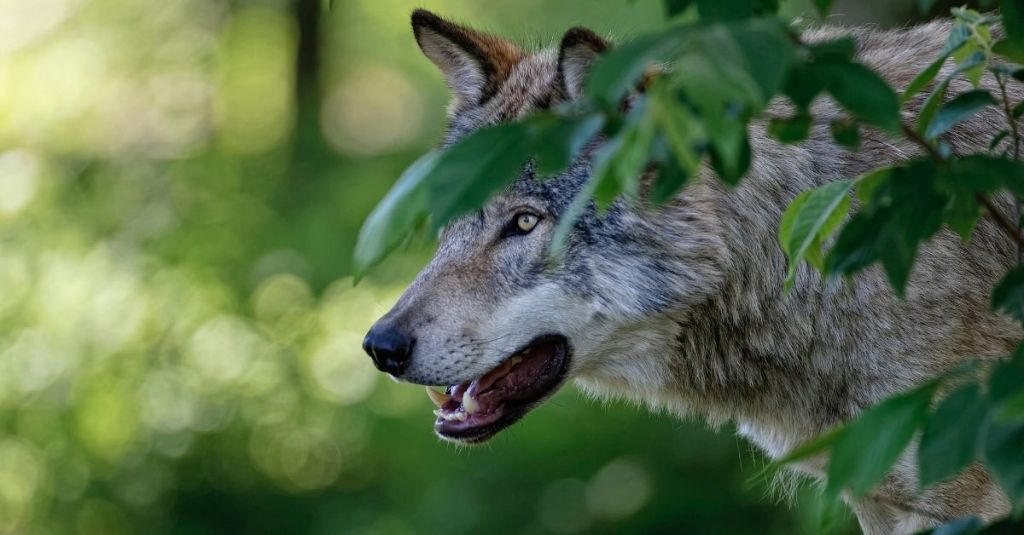Natural Predators for Pest Control: Harnessing Nature’s Balance on Your Homestead
Are pesky pests wreaking havoc on your homestead? Instead of resorting to chemical-laden solutions, why not let nature lend a helping hand? By harnessing the power of natural predators, you can effectively control pest populations while maintaining a harmonious ecosystem. Let’s explore some key players in the world of biological pest control.
1. Ladybugs: These charming little beetles are voracious aphid eaters. A single ladybug can consume up to 5,000 aphids in its lifetime! Release ladybugs near infested plants and watch them go to work.
2. Lacewings: Known as “aphid lions,” lacewing larvae have an insatiable appetite for soft-bodied insects like aphids, mealybugs, and thrips. Their delicate wings make them efficient flyers, allowing them to cover large areas in search of prey.
3. Praying Mantises: With their iconic praying stance and lightning-fast reflexes, mantises are formidable hunters. They feast on a wide range of garden pests including caterpillars, flies, beetles, and even small rodents.
4. Birds: Encouraging birds to visit your homestead is beneficial in more ways than one. Species like sparrows, swallows, and bluebirds feed on insects that damage crops or spread diseases such as grasshoppers and mosquitoes.
5. Frogs and Toads: Amphibians play an essential role in controlling insect populations around bodies of water or damp areas on your property. Frogs and toads dine on mosquitoes, moths, slugs, snails – the list goes on!
6. Bats: While they may be misunderstood creatures of the night, bats are excellent allies against flying insect pests like mosquitos and crop-damaging moths. Providing bat houses will attract these nocturnal hunters to your homestead.
7. Beneficial Nematodes: These microscopic worms are beneficial for soil health and pest control. Certain species of nematodes parasitize and kill garden pests like grubs, weevils, and cutworms without harming plants or other organisms.
Remember, attracting natural predators requires creating a welcoming environment for them. Diverse plantings that provide food and shelter will entice these helpful creatures to make your homestead their home. Avoid using pesticides as they can harm beneficial insects along with the pests you’re targeting.
By embracing biological pest control methods, not only will you reduce reliance on chemicals but also create a thriving ecosystem where nature works in harmony with your homesteading efforts.


Leave a comment